Table of Contents:

Just imagine stepping into your favorite store and being welcomed with special perks because you’re a loyal customer. Envision receiving VIP treatment and exclusive offers that show how much you’re valued. This is more than just a dream – it’s the magic of a tiered loyalty program. In today’s fast-paced world of business, standing out from the competition is a tough challenge. Companies are always looking for innovative strategies to grab the attention of new customers and build lasting loyalty. This is where the tiered loyalty program comes in – a revolutionary approach that not only acknowledges and rewards customer loyalty but also encourages increased engagement and spending.
Imagine turning occasional shoppers into brand supporters by offering them escalating perks and exclusive rewards. It’s really compelling, isn’t it?
In this blog, we’ll explore ten outstanding examples of tiered loyalty programs that have perfected the art of acquiring and retaining customers. From leading names in coffee to renowned beauty brands, these programs have not only generated significant growth but also nurtured a dedicated customer base. Let’s see how these brands harness the influence of loyalty program tiers to attract new customers and keep them coming back for more.
A tiered loyalty program is a structured reward system in which customers receive various benefits based on their level of engagement or spending with a brand. Typically, these programs have multiple levels or tiers, and as customers move up, each tier offers increasingly valuable rewards. The primary goal of a tiered loyalty program is to encourage customers to spend more and engage more frequently with the brand to reach higher tiers and unlock better rewards. This type of loyalty program is one of the various approaches that businesses use to build customer loyalty and enhance customer retention.

Most tiered loyalty programs have at least three levels, often named after precious metals or gems (e.g., Bronze, Silver, Gold). These levels create a sense of hierarchy and progression, encouraging customers to strive for higher statuses. Each level represents a different stage of customer loyalty and offers varying benefits. The names of the tiers can also add an element of prestige and exclusivity, making customers feel valued and part of a select group. This structured approach helps in segmenting customers based on their engagement and spending, allowing for more personalized marketing strategies.
Rewards in tiered loyalty programs become more valuable or exclusive as customers advance to higher tiers. For example, a Bronze member might receive basic discounts, while a Gold member could enjoy perks like free shipping, early access to sales, or exclusive event invitations. This progression motivates customers to increase their engagement and spending to access these higher-level rewards. The promise of more significant benefits at higher tiers creates a compelling incentive for customers to remain loyal to the brand and work towards advancing through the tiers.
Customers know exactly what they need to do to move to the next tier, such as spending a certain amount of money or making a specific number of purchases. Clear and transparent criteria ensure that customers understand the path to achieving higher statuses, making the program feel fair and achievable. This clarity helps maintain customer trust and satisfaction, as they can see their progress and work towards tangible goals. Setting clear milestones and regularly updating customers on their status can further enhance engagement and motivation.
These programs encourage regular interaction with the brand, build customer loyalty and increase lifetime value. By offering rewards for frequent purchases or interactions, such as writing reviews or participating in surveys, tiered loyalty programs keep customers engaged. This ongoing engagement helps to build a deeper connection between the customer and the brand, fostering a sense of loyalty and belonging. Moreover, regular interaction increases the likelihood of repeat purchases and positive word-of-mouth, contributing to the overall growth and success of the business.
Retention By offering progressively better rewards, tiered loyalty programs give customers a reason to stay engaged with the brand over the long term. When customers see a clear pathway to more valuable and exclusive rewards, they are more likely to remain loyal and continue their relationship with the brand. This sustained engagement reduces customer churn and builds a stable customer base. The anticipation of reaching the next tier keeps customers motivated to return, ensuring consistent interaction with the brand.
Customers are motivated to spend more to reach higher tiers and unlock better rewards, leading to increased average transaction values. The desire to achieve higher status and gain access to superior benefits can drive customers to increase their purchase frequency and spending amount. This not only boosts short-term sales but also contributes to long-term revenue growth. The strategic design of the rewards can incentivize customers to make larger purchases or more frequent transactions, thereby enhancing the overall profitability of the business.
Tiered loyalty programs can offer personalized rewards that make customers feel valued and appreciated, improving their overall experience with the brand. Personalized rewards and recognition tailored to customer preferences and behaviors can create a more meaningful and enjoyable shopping experience. This personalization helps in building emotional connections with customers, making them feel special and understood. An enhanced customer experience leads to higher satisfaction levels, positive reviews, and greater brand advocacy.
Brands with well-designed tiered loyalty programs can stand out in competitive markets by offering unique and attractive benefits to their customers. A compelling loyalty program can differentiate a brand from its competitors, making it more appealing to potential and existing customers. Exclusive rewards, personalized offers, and unique experiences can make a brand more memorable and desirable. This competitive edge can help in attracting new customers, retaining existing ones, and ultimately increasing market share.
Loyalty programs provide valuable insights into customer behavior, preferences, and spending patterns, which can inform marketing strategies and product development. By analyzing data collected through the loyalty program, businesses can gain a deeper understanding of their customer base. This information can be used to tailor marketing campaigns, develop new products, and improve existing services to better meet customer needs. Data-driven decisions help in optimizing business operations and enhancing customer satisfaction.
Tiered loyalty programs encourage repeat purchases, fostering a strong sense of loyalty towards the brand. As customers progress through the tiers, their emotional connection with the brand deepens. Consistent rewards and recognition for loyal customers reinforce positive feelings towards the brand, making them more likely to continue choosing it over competitors. Strong brand loyalty translates into long-term customer relationships and sustained revenue.
Satisfied members of a tiered loyalty program are likely to share their positive experiences with friends and family, providing organic word-of-mouth marketing for the brand. Happy customers who feel valued and appreciated are natural brand advocates. Their recommendations can influence others to try the brand, expanding its reach and customer base without additional marketing costs. Positive word-of-mouth can significantly impact a brand’s reputation and attract new customers.
Customers who participate in a loyalty program are more likely to provide feedback, which helps businesses better understand their needs and customize products and services accordingly. Loyal customers are also more inclined to share their thoughts and comments about a brand they believe in. This feedback is crucial for identifying areas for improvement and innovation. Consistently seeking and responding to customer feedback can lead to better products, improved services, and increased customer satisfaction.
Creating a successful tiered loyalty program requires careful planning, understanding your customers, and implementing strategies that keep them engaged and motivated. Here are eight effective strategies to help you build a successful tiered loyalty program:
Gather data on customer preferences and behaviors to tailor your loyalty program to their needs. Knowing what your customers value most will help you design rewards that resonate and drive engagement. Utilize surveys, purchase history, and interaction data to gain insights into your customers’ desires and habits.
Ensure customers understand how the program works, including how to earn points and advance tiers. Clear and transparent communication is essential for a successful tiered loyalty program. Use multiple channels, such as email, social media, and in-store signage, to explain the program’s benefits and mechanics.
Rewards should be desirable and relevant to your customers to motivate participation. The perceived value of rewards is critical in encouraging customers to engage with your program. Consider offering a mix of tangible rewards (e.g., discounts, free products) and experiential rewards (e.g., exclusive events, early access to new products).
Continuously monitor program performance and make changes based on customer feedback and data analysis. Regular updates can help keep the program interesting and engaging for participants. To keep customers interested and engaged, introduce fresh rewards, tiers, and exclusive deals.
Use marketing channels to promote the loyalty program and encourage sign-ups and participation. Highlighting the benefits and exclusive rewards can attract more members. Leverage social media, email marketing, and in-store promotions to spread the word and showcase success stories from existing members.
Tailor rewards and communications based on customer behavior and preferences. Personalization can enhance the customer experience and make the loyalty program more engaging. Use customer data to send targeted offers and recommendations, ensuring each member feels valued and understood.
Encourage customers to interact with each other and your brand to foster a loyal community around your loyalty program. This can build customer loyalty and promote word-of-mouth marketing. Consider hosting events, forming social media groups, and motivating members to share their experiences and successes to achieve this.
Starbucks Rewards is a prime example of a tiered loyalty program that has set a benchmark in the coffee industry. The program is meticulously structured into two main levels: Green and Gold, each offering distinct benefits that encourage customer loyalty and engagement.
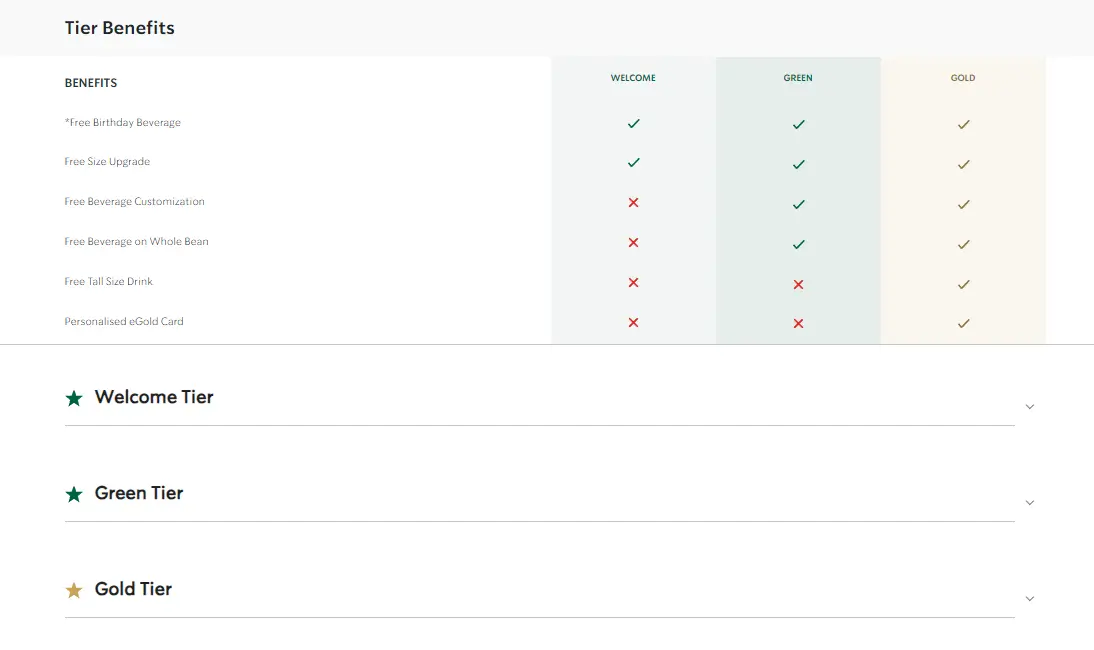
Starbucks effectively uses its app to engage customers, making it easy to track progress and redeem rewards. This tiered rewards program not only encourages repeat purchases but also attracts new customers with its appealing benefits.
Sephora’s Beauty Insider program is a well-crafted multi-tiered loyalty system designed to reward beauty enthusiasts. It features three levels: Insider, VIB (Very Important Beauty Insider), and Rouge, each offering escalating benefits that drive customer engagement and spending.
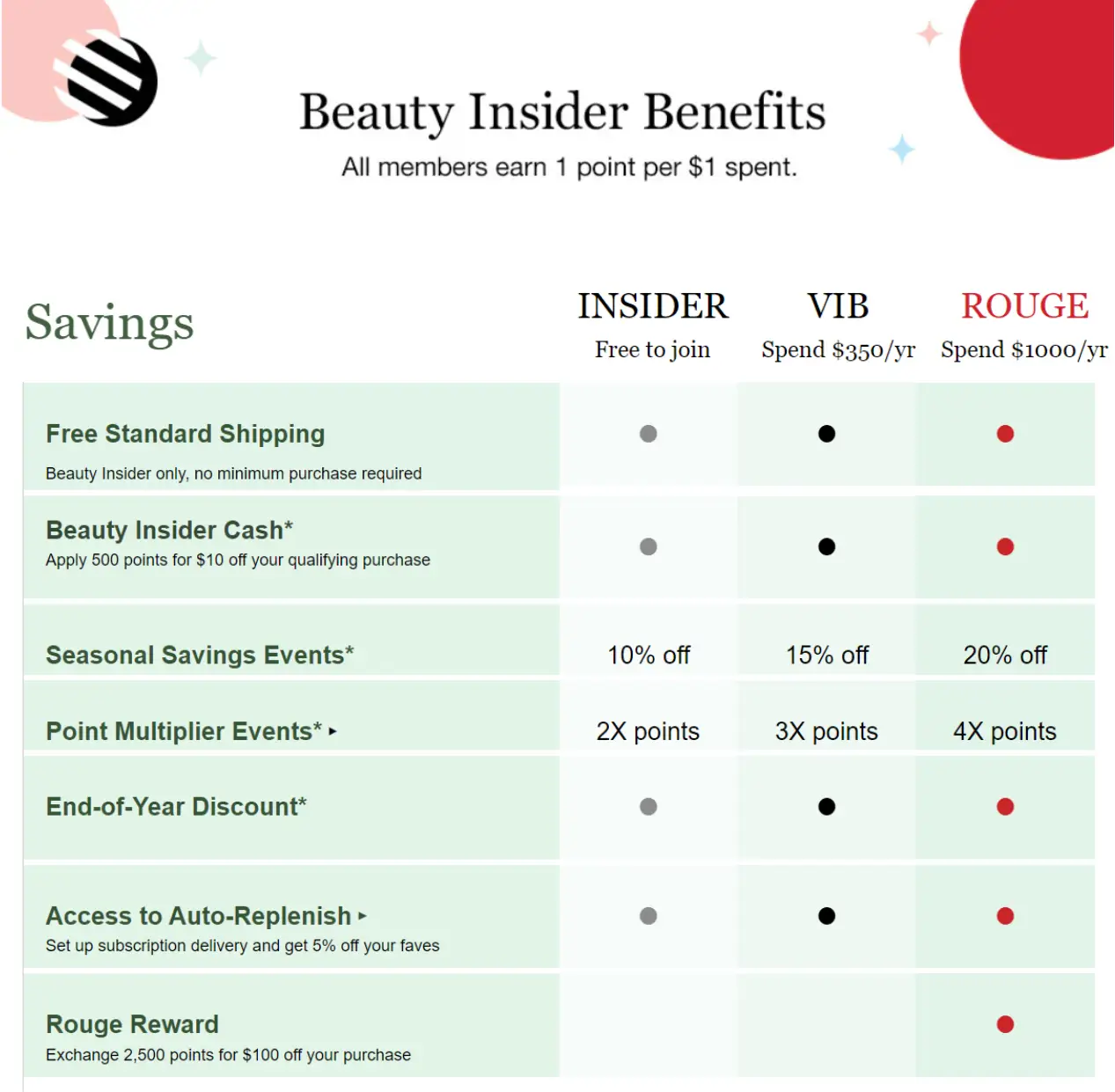
This loyalty program tier structure not only incentivizes higher spending but also fosters a sense of community among beauty aficionados, attracting new customers eager to unlock higher-tier rewards.
While Amazon Prime is primarily a subscription service, it functions as a tiered loyalty program with significant perks. Members pay an annual fee to access benefits such as free two-day shipping, Prime Video, Prime Music, and exclusive deals.
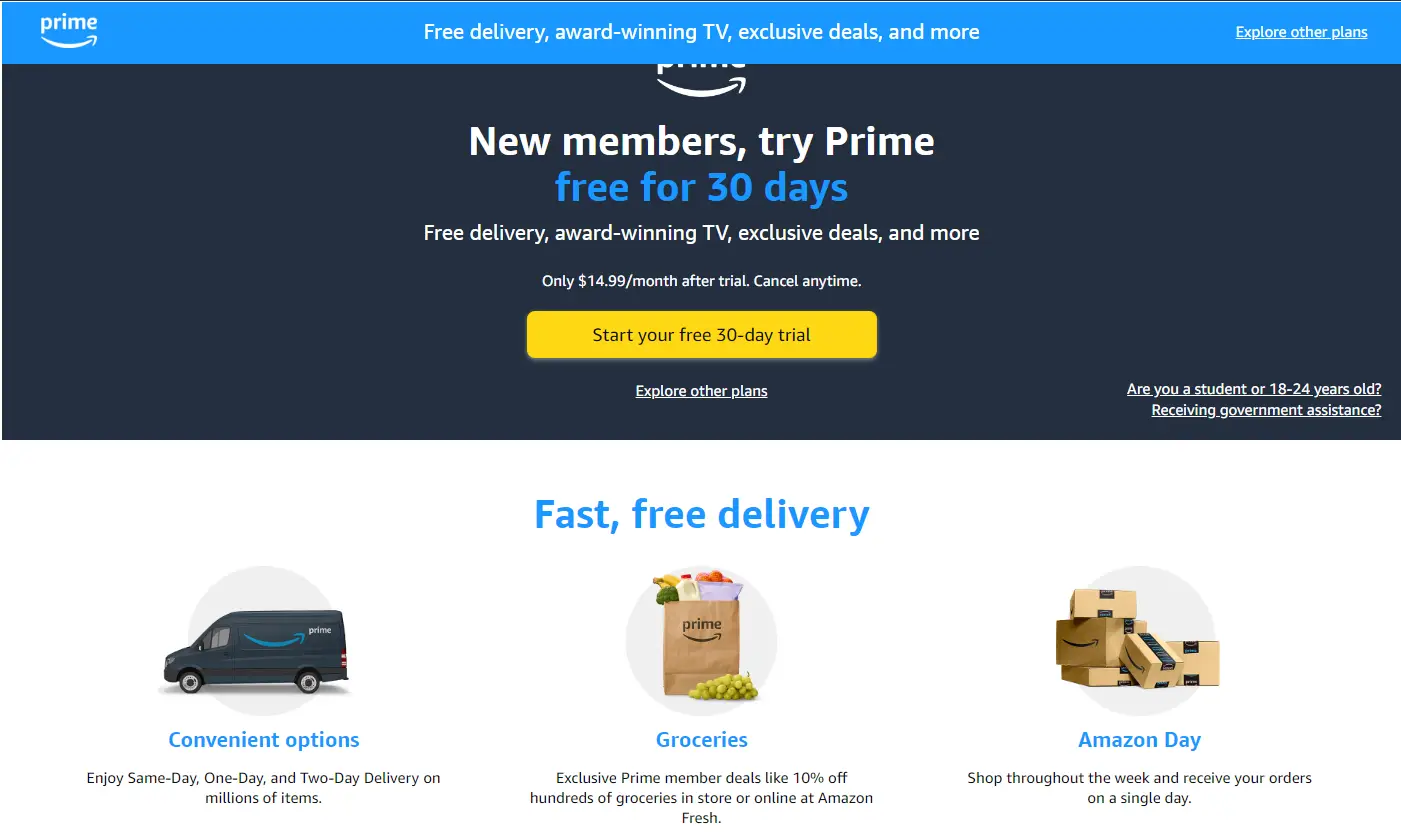
The perceived value of Prime membership drives many new customers to join, transforming them into loyal, repeat purchasers. The extensive range of benefits makes the membership highly attractive, ensuring continued customer engagement.
Nike Membership offers a tiered loyalty program that enhances the customer experience through exclusive benefits and personalized services.
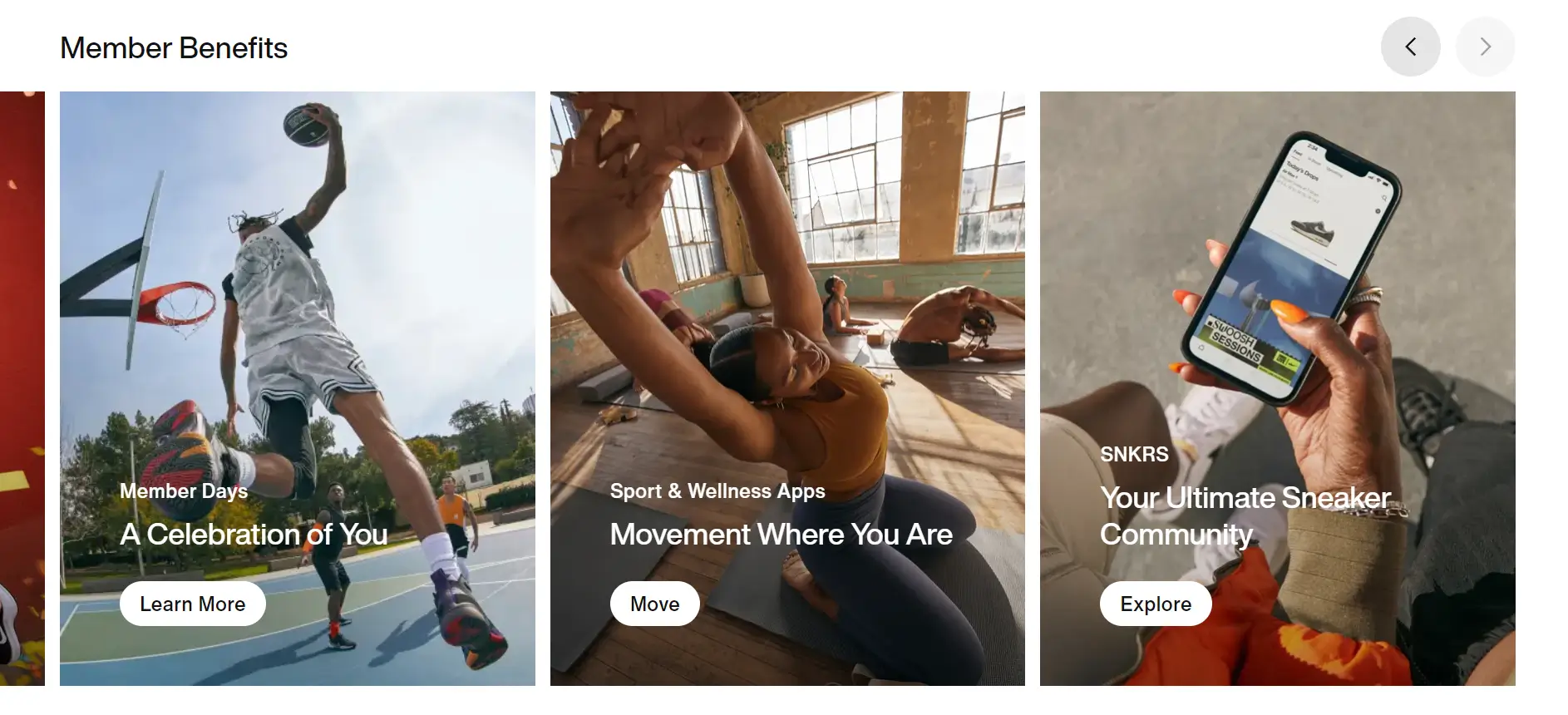
Nike’s program is designed to integrate seamlessly with its digital ecosystem, encouraging customers to stay connected and engaged. This superior user experience attracts new members and fosters loyalty among existing ones.
Marriott Bonvoy is a leading example in the hospitality industry, offering a tiered loyalty program with multiple levels: Member, Silver Elite, Gold Elite, Platinum Elite, Titanium Elite, and Ambassador Elite.
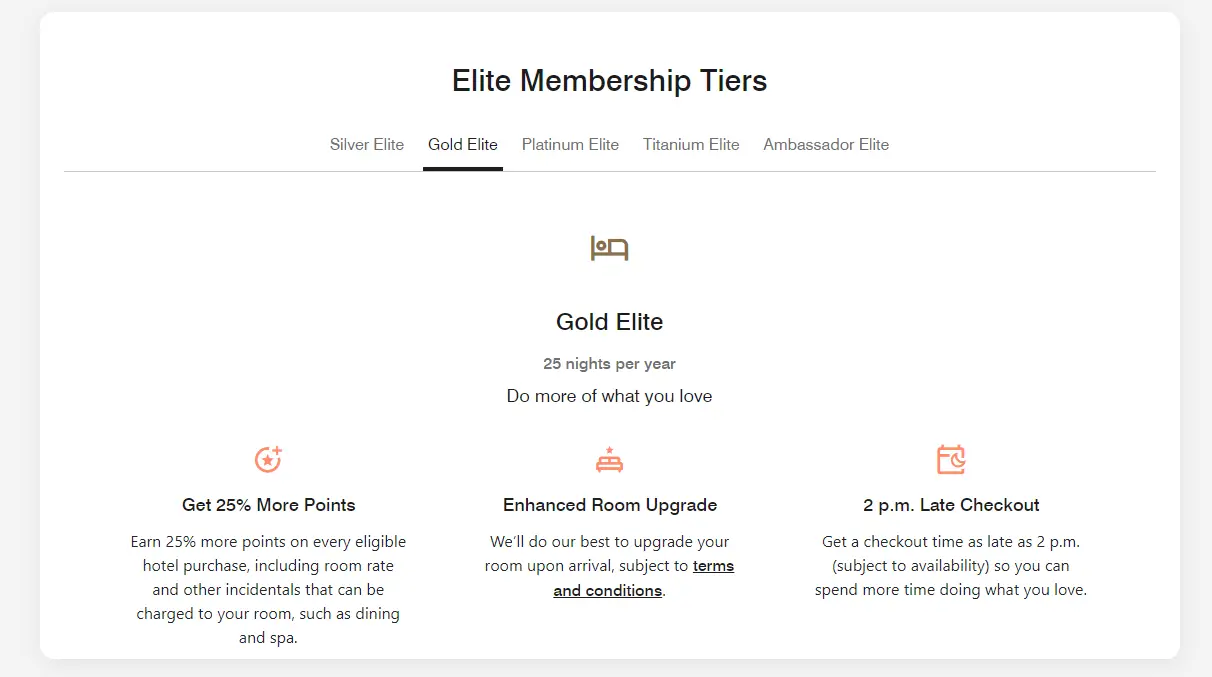
The extensive range of loyalty program tiers makes Marriott Bonvoy attractive to both occasional travelers and frequent guests, ensuring new customer acquisition through tier-based incentives.
Delta SkyMiles is an airline loyalty program with a well-structured tier system that includes Silver, Gold, Platinum, and Diamond Medallion levels, each offering escalating benefits that cater to frequent flyers.
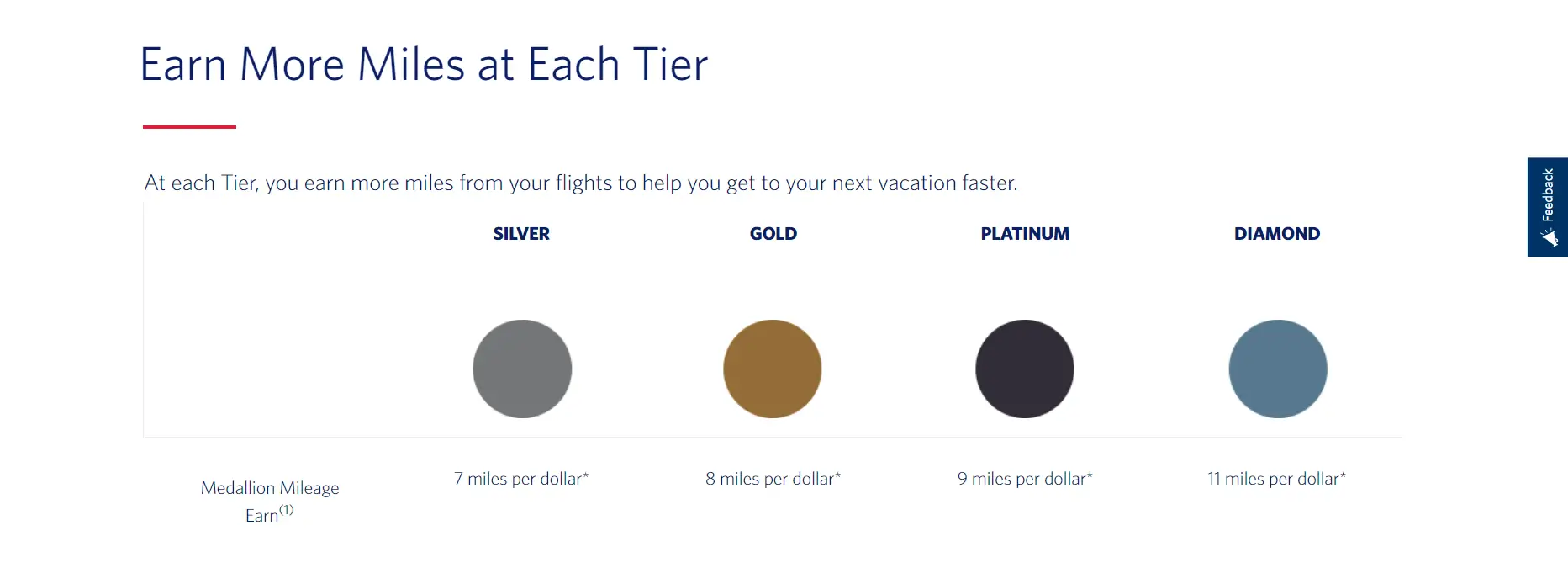
Delta’s tiered loyalty program rewards frequent flyers, enticing new customers to choose Delta for the potential to earn and enjoy superior travel experiences.
Ulta Beauty’s Ultamate Rewards program is a tiered rewards program with three levels: Member, Platinum, and Diamond.
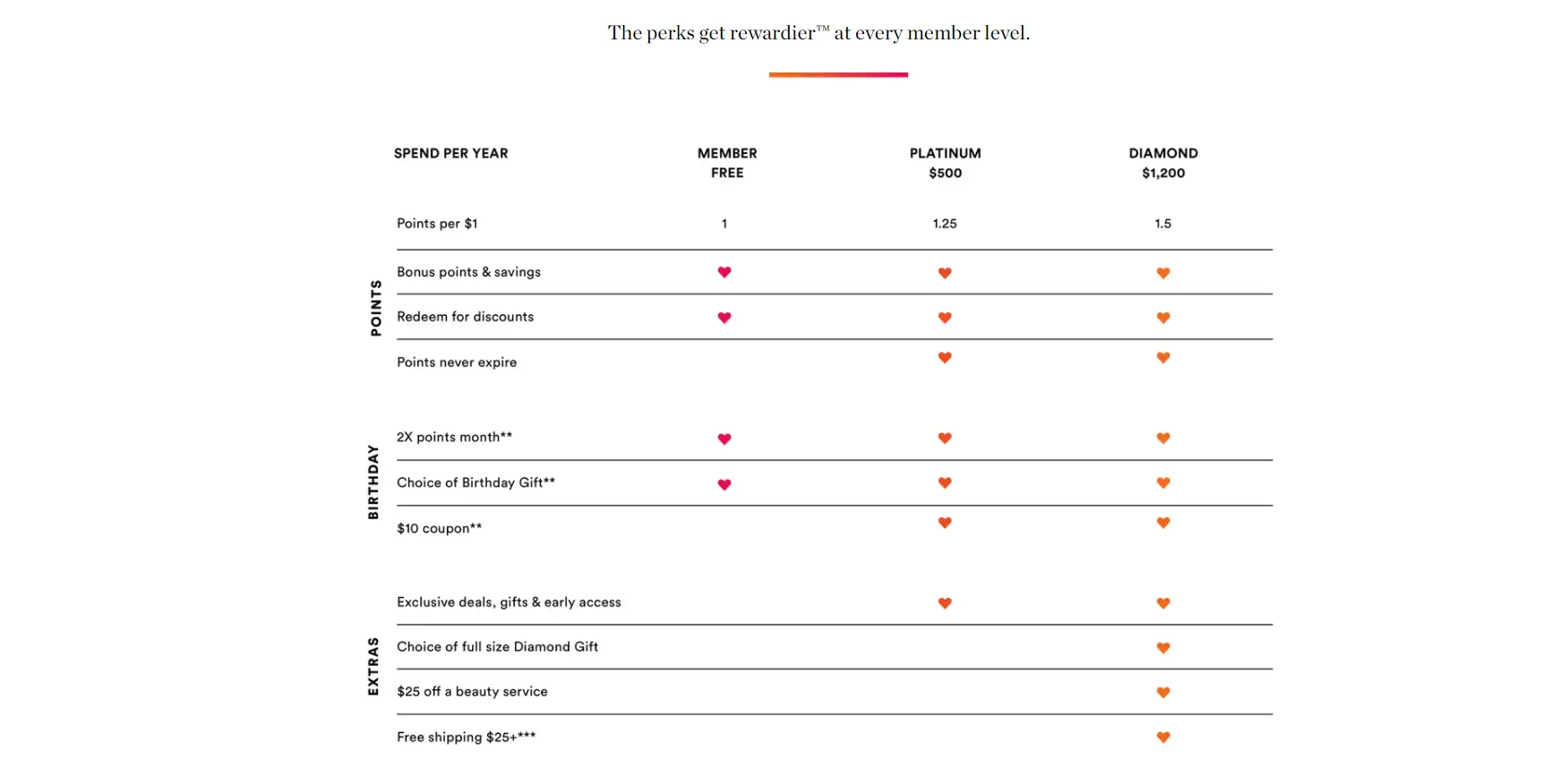
Ulta’s program is designed to reward high spenders with increasing benefits, thus encouraging higher spending and attracting new customers who seek value from their beauty purchases.
Nordstrom Rewards is a multi-tiered loyalty program that includes multiple levels based on annual spending: Member, Influencer, Ambassador, and Icon, each offering tailored benefits that enhance the shopping experience.
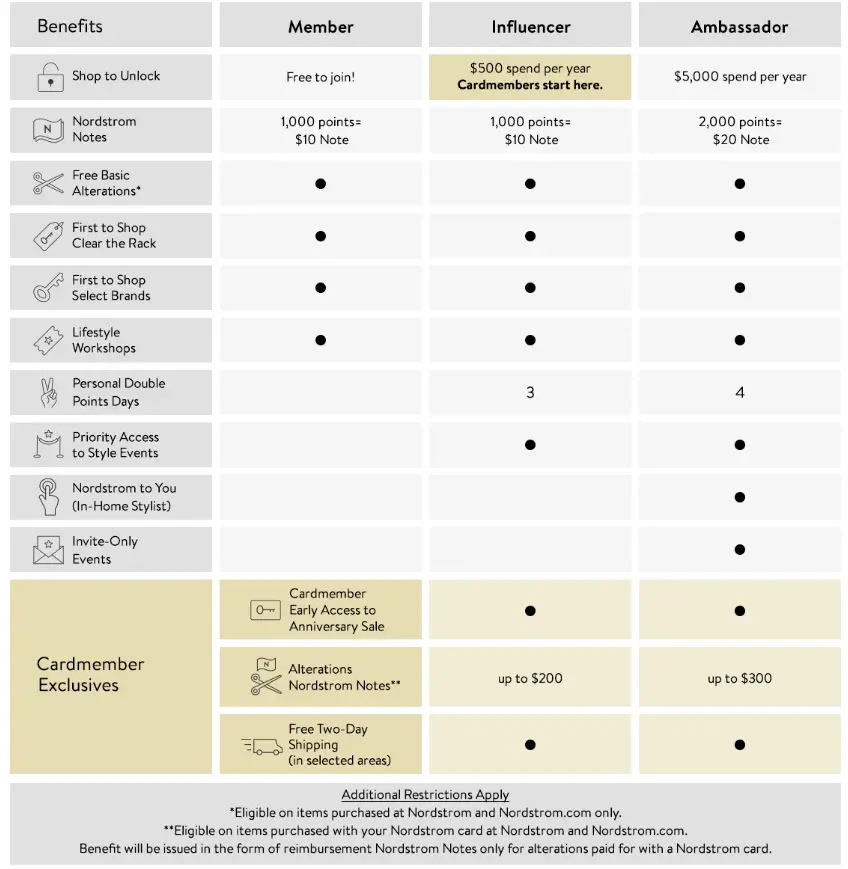
This tiered loyalty program not only rewards frequent shoppers but also enhances the shopping experience, attracting new customers with the promise of personalized services and exclusive events.
REI Co-op Membership offers a unique tiered rewards program where members pay a one-time fee to join and receive annual dividends based on their purchases, aligning with REI’s ethos of community and sustainability.
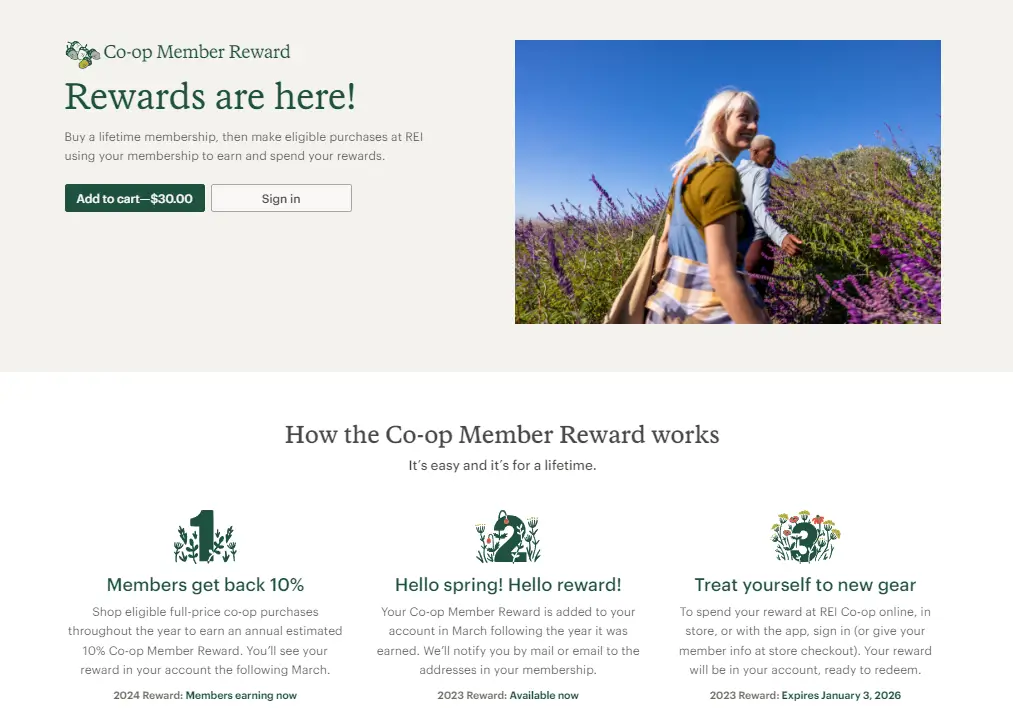
REI’s focus on community and sustainability appeals to outdoor enthusiasts, attracting new customers who value not just rewards, but also the company’s ethos.
Hilton Honors is a tiered loyalty program with four levels: Member, Silver, Gold, and Diamond, each offering escalating benefits that cater to both frequent and occasional travelers.
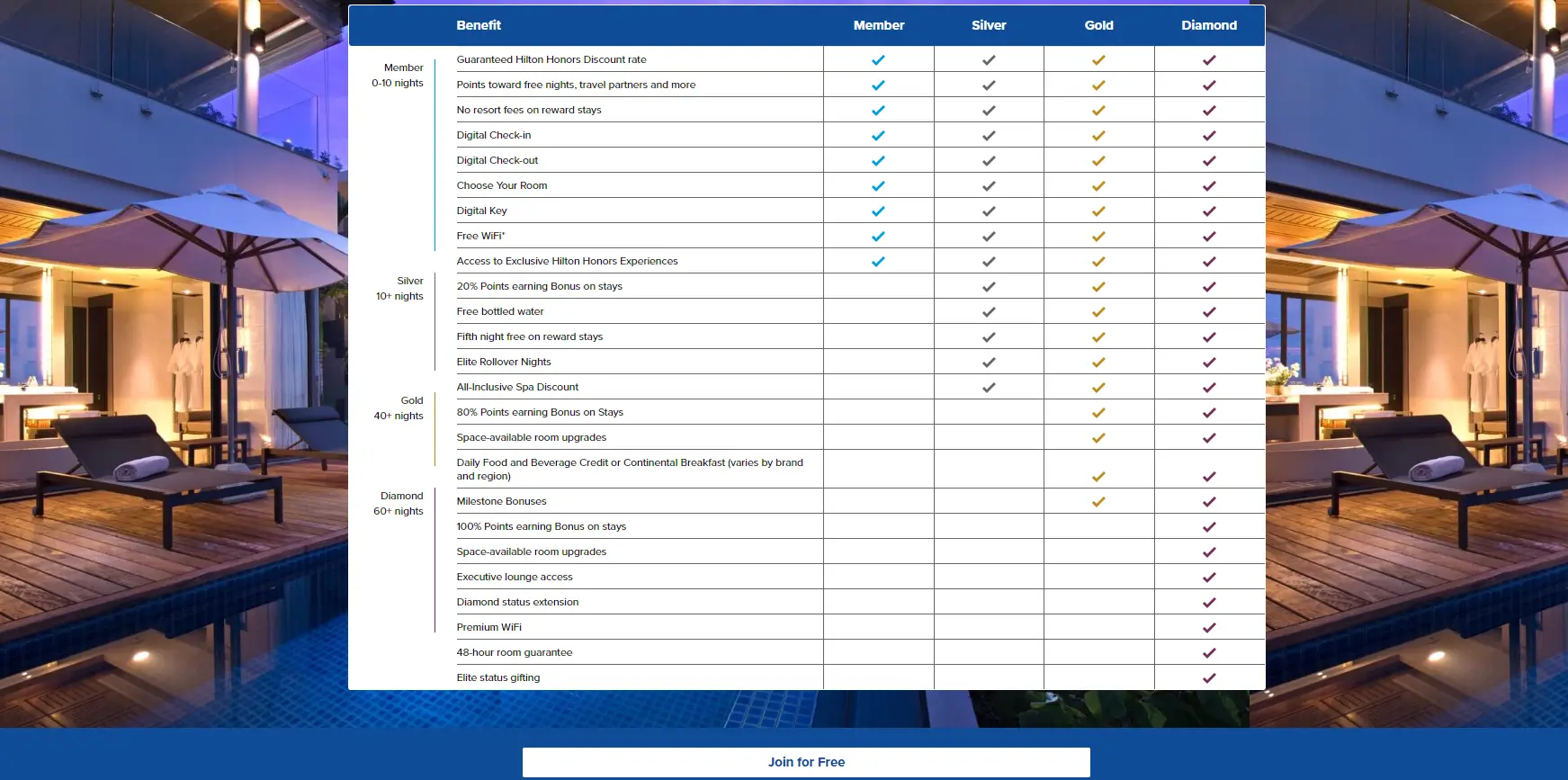
Tiered loyalty programs are effective in attracting new customers and nurturing long-term loyalty. These programs offer increasing rewards and personalized experiences, which not only improve customer satisfaction but also boost engagement and spending. Exclusive perks, personalized services, and community-building initiatives featured in this blog illustrate the impact of tiered loyalty programs across various industries.
Are you interested in creating your own tiered loyalty program? Get in touch with 99minds today to discover how you can establish a loyalty program that not only draws in new customers but also transforms them into lifelong advocates for your brand.
